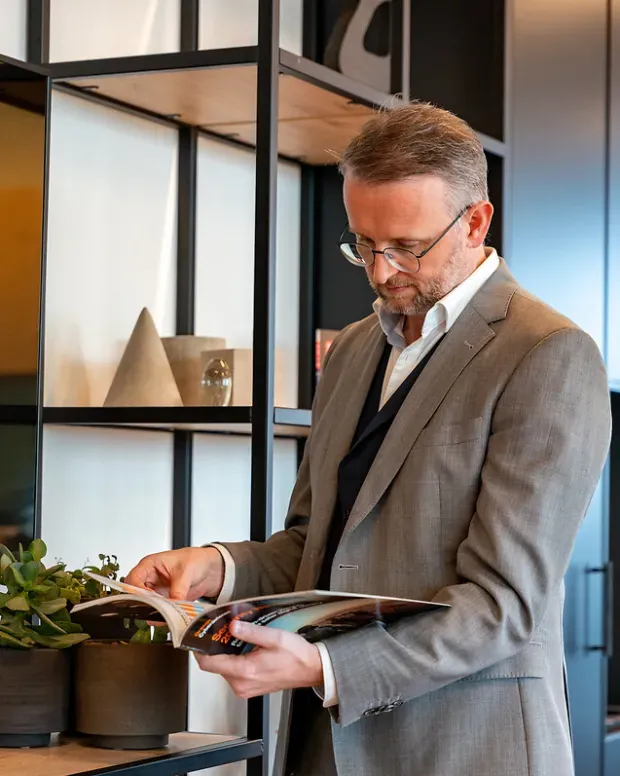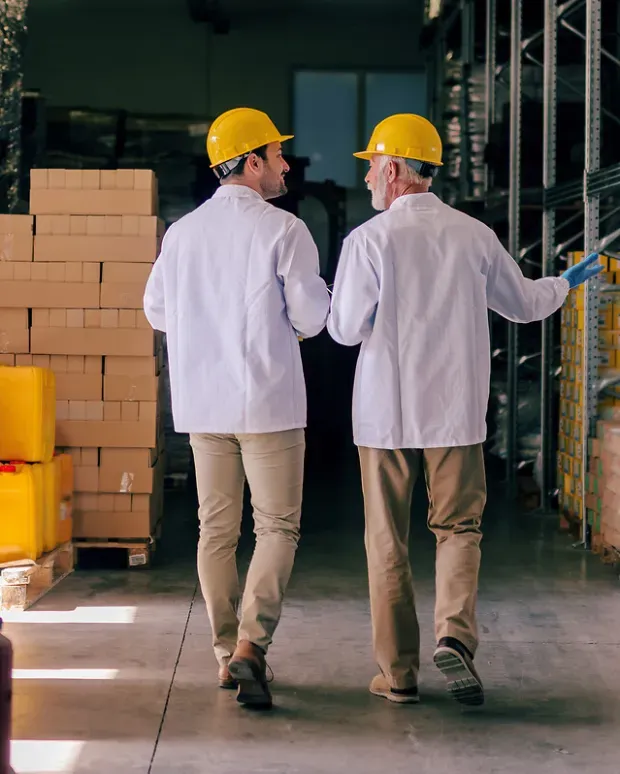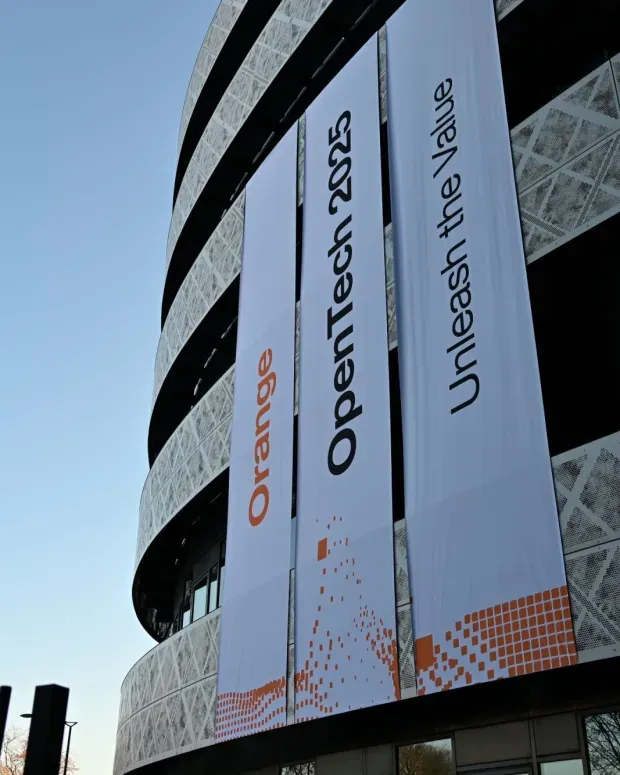What's up
Explore. Learn. Connect.


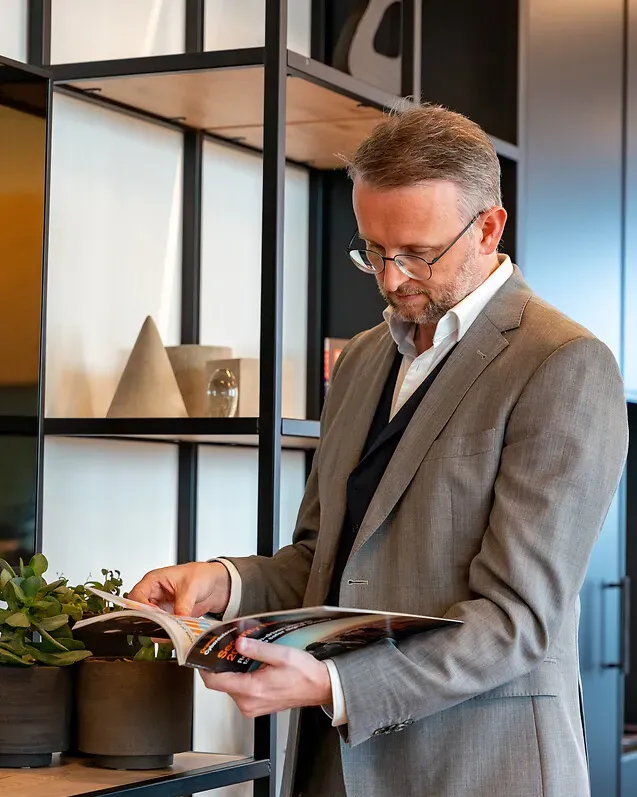
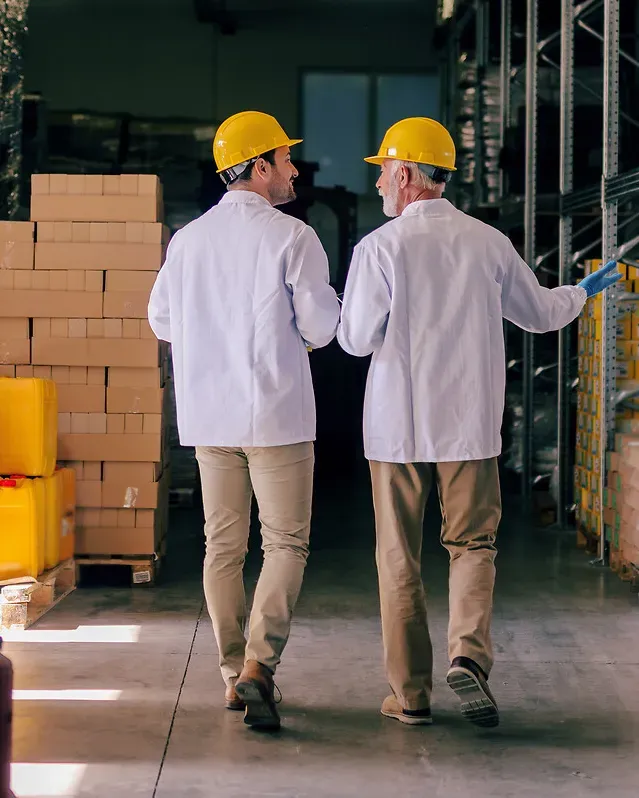
Women Entrepreneurs is looking for 100 new founders
See more
Women Entrepreneurs is looking for 100 new founders
Making inclusion a natural part of how we work
See more Making inclusion a natural part of how we workOrange Cyberdefense now protects 140,000 workstations across the Orange Group
See more Orange Cyberdefense now protects 140,000 workstations across the Orange GroupDealing with crises: how to ensure business continuity
See more Dealing with crises: how to ensure business continuity
Women Entrepreneurs is looking for 100 new founders
See more
Women Entrepreneurs is looking for 100 new founders

